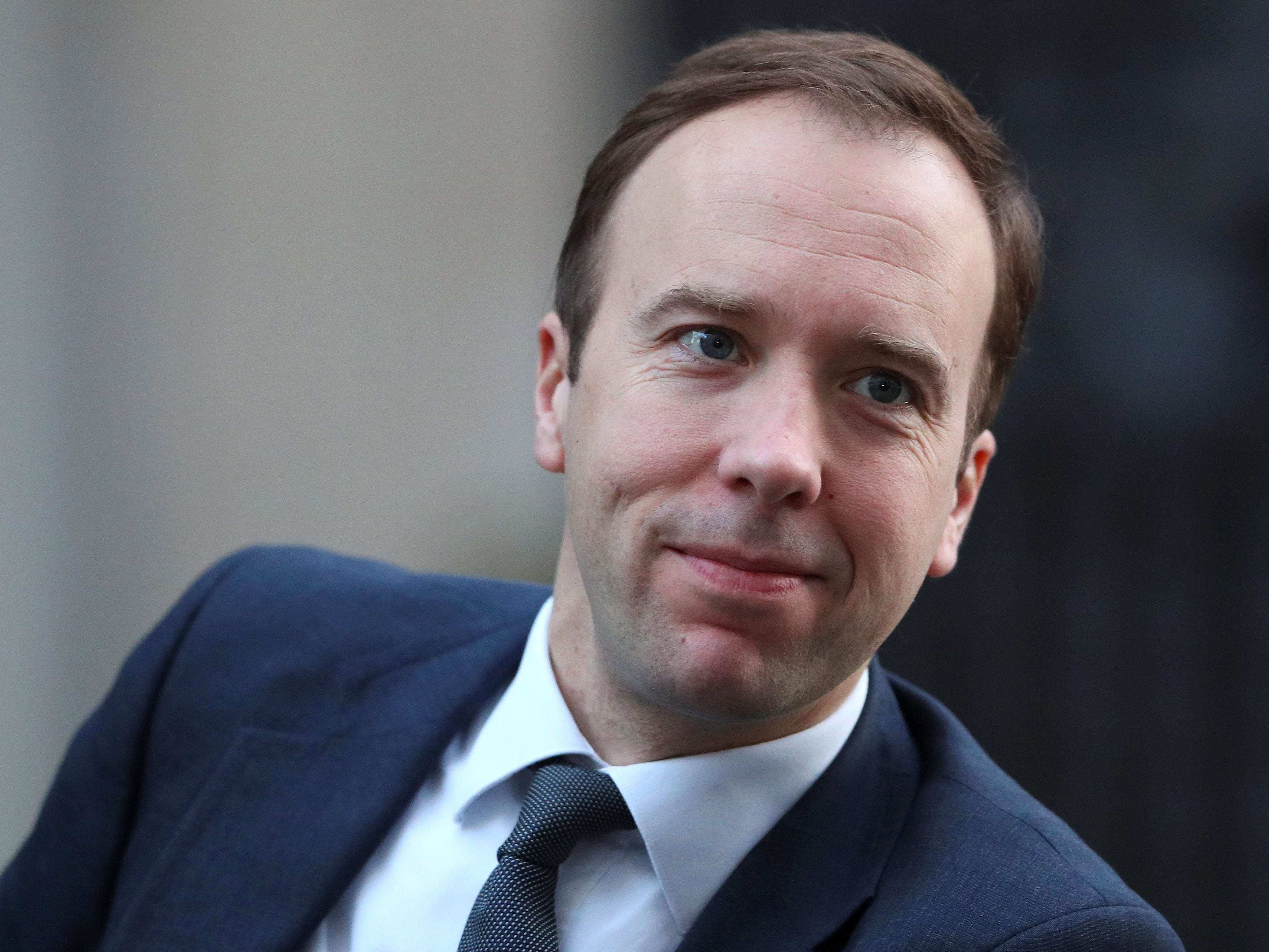
Culture Secretary Matt Hancock has said he would consider increasing legislation or adding warning labels to social media platforms to crack down on fake news, hate speech and other illegal content.
Addressing the Digital, Culture, Media and Sport Select Committee’s fake news inquiry yesterday, Hancock said the Government would “not rule out legislation” similar to a law passed in Germany last year to crack down on “obviously illegal content” on social media platforms.
Technology firms in Germany can now face fines of up to €50m for failing to remove, within 24 hours, hate speech or material which is defamatory or constitutes an incitement to violence.
Hancock said: “I am not a fan of doing it exactly as they have done in Germany. I think that when a regulator gets to the position where they are policing the publications of politicians then you are into tricky territory.
“I think we [should] take a different approach in Britain, I think partly due to our history and our culture we have a different approach. But should we have legislation that is appropriate to us and written by the British parliament? We don’t rule that out.”
Committee chairman Damian Collins MP asked if social media platforms could leave themselves liable and open to action if they fail to act over harmful, potentially illegal content which breaches their community guidelines once it has been brought to their attention by a user.
Hancock said: “I think that’s interesting and worth considering.”
MPs asked Hancock if a “health warning” on certain websites to say that “what you read here is not necessarily the truth” would be considered.
He said: “A health warning is an interesting idea. I hadn’t heard of it before. We do use it in lots of different areas, like public health and smoking, so we will consider that as part of the internet safety strategy.”
Hancock, who said he is a “big fan” of social media companies as a force for good, also questioned whether websites like Facebook and Twitter can be classed as platforms rather than publishers like news websites.
He said: “They are clearly not simply conduits of information. They already take a view over what’s on their platforms so they already curate the platform.
“If you give them the full liability of a publisher then I can’t see how they can operate… I can’t see how say Twitter would be able to allow us to tweet if they had to take full legal liability for everything and I think the whole model would collapse.”
However, he admitted the line between the likes of Twitter and big websites like Mail Online with controversial comment sections is “blurred”.
Hancock concluded that there is a “very strong argument” for creating a new definition which is “more subtle” and sits between being a publisher and a platform to take into account changes to technology.
He added that Brexit may be the perfect opportunity to create “forward-looking legislation that supports the innovation and the freedom that these social media platforms bring but also ensures that they mitigate against the harms”.
But he emphasised that newspapers and social media platforms are different because “a newspaper checks every word that it prints”.
Hancock also said he was “very interested” to hear the views this week of Sir Tim Berners-Lee, the inventor of the world wide web, who called for the regulation of technology firms in an open letter.
Berners-Lee said the power of a few dominant platforms enables them to create barriers for competitors and “weaponise” the web, allowing conspiracy theories to trend on social media platforms and fake Twitter and Facebook accounts to “stoke social tensions”.
He wrote: “Companies are aware of the problems and are making efforts to fix them — with each change they make affecting millions of people.
“The responsibility — and sometimes burden — of making these decisions falls on companies that have been built to maximise profit more than to maximise social good.
“A legal or regulatory framework that accounts for social objectives may help ease those tensions.”
Picture: Reuters/Hannah McKay
Email pged@pressgazette.co.uk to point out mistakes, provide story tips or send in a letter for publication on our "Letters Page" blog
